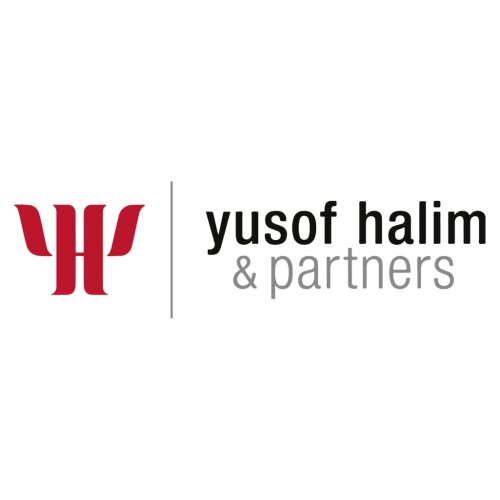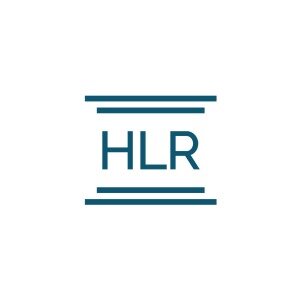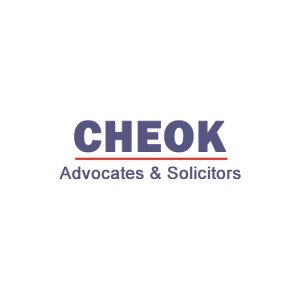Best Toxic Mold Lawyers in Bandar Seri Begawan
Share your needs with us, get contacted by law firms.
Free. Takes 2 min.
List of the best lawyers in Bandar Seri Begawan, Brunei
About Toxic Mold Law in Bandar Seri Begawan, Brunei
Toxic mold is a significant concern globally, and Bandar Seri Begawan, Brunei, is no exception. The presence of toxic mold in properties can lead to serious health issues, which makes understanding the legalities surrounding it crucial. Toxic mold laws in Bandar Seri Begawan are influenced by both public health guidelines and residential tenancy agreements. The law requires property owners to ensure a safe and healthy living environment, free from hazardous mold conditions.
Why You May Need a Lawyer
There are several scenarios where legal assistance might be necessary when dealing with toxic mold issues:
- Tenant-Landlord Disputes: Renters may encounter resistance from landlords when requesting mold remediation. A lawyer can help ensure your rights are protected under the lease agreement.
- Health-Related Claims: If exposure to toxic mold has resulted in health problems, a lawyer can assist in pursuing compensation for medical expenses and suffering.
- Property Claims: Property values can depreciate due to mold damage, and legal advice can help recover repair costs or losses.
Local Laws Overview
The legal framework in Bandar Seri Begawan regarding toxic mold is structured around the principles of property maintenance and public health. Key aspects include:
- Residential Tenancies: Ensuring properties are habitable and regularly maintained to prevent mold growth is part of the landlord's duty.
- Building Regulations: Standards are set for building materials and construction practices to prevent conditions conducive to mold growth.
- Public Health Regulations: The Ministry of Health may intervene in severe cases where mold poses a significant health risk.
Frequently Asked Questions
What is toxic mold, and how does it affect health?
Toxic mold refers to certain types of mold that produce mycotoxins, which can cause health issues like respiratory problems, allergic reactions, and other serious conditions when inhaled or touched.
Who is responsible for mold removal in rented properties?
Typically, landlords are responsible for ensuring rented properties are free from mold, especially if it results from structural issues or lack of maintenance. However, tenants might be responsible if the mold is due to their negligence.
Can I break my lease due to toxic mold?
If toxic mold makes the property uninhabitable and the landlord fails to remediate the situation, tenants may have grounds to terminate their lease under local tenancy laws.
What steps should I take if I discover mold in my home?
Document the mold with photos, notify your landlord immediately, and request remediation. If the landlord does not take timely action, seek legal advice.
How is liability determined in toxic mold cases?
Liability often depends on whether the mold was due to negligence by the landlord in maintaining the property or by the tenant in proper care and aeration.
Can I receive compensation for health issues caused by mold?
Yes, if you can demonstrate that exposure to mold in your residence directly caused health problems, you might be able to pursue compensation for medical bills and related expenses.
How long does it take to resolve a mold-related legal case?
The duration varies depending on the complexity of the case and cooperation from involved parties but can range from a few months to over a year.
Are there regulations on mold levels in homes?
While there are no specific mold limits, the general guideline is that homes should be maintained to prevent conditions conducive to mold growth.
How can mold impact property value?
Mold can significantly reduce property value due to damage it causes, as well as potential health risks, which is why timely remediation is crucial.
What evidence is needed in a mold lawsuit?
Essential evidence includes documented health evaluations, proof of mold presence and persistence, and any communication regarding remediation efforts.
Additional Resources
For more information on toxic mold or legal assistance, consider contacting:
- The Ministry of Health in Brunei for health-related concerns.
- Local legal associations or law firms specializing in property law.
- Community councils for tenant rights information and support groups.
Next Steps
If you require legal assistance in a toxic mold case in Bandar Seri Begawan, consider these next steps:
- Consult with a specialized property or health lawyer to understand your rights and options.
- Gather all related documentation and evidence, including medical records and correspondence with landlords or property managers.
- Consider mediation as an initial approach before proceeding to litigation, as Brunei encourages dispute resolutions out of court where possible.
By taking informed action, you can better navigate the complexities surrounding toxic mold and protect your health and property interests effectively.
Lawzana helps you find the best lawyers and law firms in Bandar Seri Begawan through a curated and pre-screened list of qualified legal professionals. Our platform offers rankings and detailed profiles of attorneys and law firms, allowing you to compare based on practice areas, including Toxic Mold, experience, and client feedback.
Each profile includes a description of the firm's areas of practice, client reviews, team members and partners, year of establishment, spoken languages, office locations, contact information, social media presence, and any published articles or resources. Most firms on our platform speak English and are experienced in both local and international legal matters.
Get a quote from top-rated law firms in Bandar Seri Begawan, Brunei — quickly, securely, and without unnecessary hassle.
Disclaimer:
The information provided on this page is for general informational purposes only and does not constitute legal advice. While we strive to ensure the accuracy and relevance of the content, legal information may change over time, and interpretations of the law can vary. You should always consult with a qualified legal professional for advice specific to your situation.
We disclaim all liability for actions taken or not taken based on the content of this page. If you believe any information is incorrect or outdated, please contact us, and we will review and update it where appropriate.












